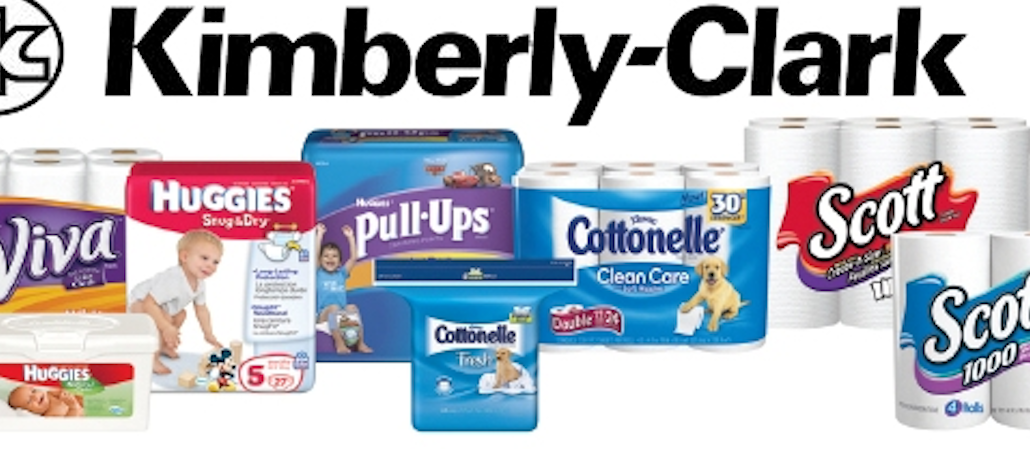Last chance to save on Digiday Publishing Summit passes is February 9

Streamlining workflow and being nimble isn’t easy for a company the size of Kimberly-Clark, home to personal care products ranging from Huggies to Scott towels to Kleenex. But speaking at the Digiday Brand Summit in Palm Springs, California, Gabe Mattingly, head of ecommerce at the consumer goods conglomerate, explained how it is overcoming the limitations of its size to keep pace with the market.
To start thinking like a startup, the brand has instituted what it called “The KC Challenge,” its own version of ABC’s hit reality show Shark Tank, at CES over the past two years. Through this challenge, Kimberly-Clark has been able to bring in nearly 40 startups from around the globe and learn from them.
“Although it’s a ‘Shark Tank’-like event, we’re not just picking one and going with one,” Mattingly said. “Instead, as we look at those 40 startups, we’re working with almost all of them in some capacity. We think it’s a bigger opportunity to learn and employ insights from those companies.”
One of the biggest takeaways Kimberly-Clark gleaned from swimming with smaller fish has been a rethinking of how it manages its internal organization, structure and processes. “It’s really quite liberating,” said Mattingly.
Instead of activating based on its organizational capabilities, the company has now learned how to do activations based on its brands and the message it wants to convey to its consumers about those brands. This simple shift in thinking has helped the company to understand its individual brands’ stories better, which has in turn helped it to target customers more accurately, according to Mattingly.
We are “super distilled in what we want to accomplish and our expectations, both externally and internally, go execute on that and then think about how the organization needs to change,” he said.
Watch his entire presentation, here.
More in Marketing

In Q1, marketers pivot to spending backed by AI and measurement
Q1 budget shifts reflect marketers’ growing focus on data, AI, measurement and where branding actually pays off.

GLP-1 draws pharma advertisers to double down on the Super Bowl
Could this be the last year Novo Nordisk, Boehringer Ingelheim, Hims & Hers, Novartis, Ro, and Lilly all run spots during the Big Game?

How food and beverage giants like Ritz and Diageo are showing up for the Super Bowl this year
Food and beverage executives say a Super Bowl campaign sets the tone for the year.





